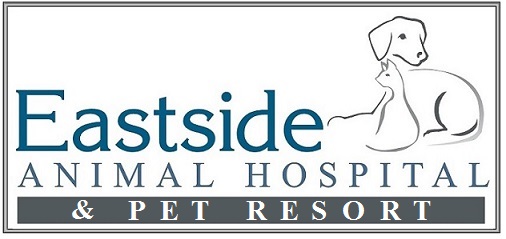 |
| Photo Courtesy of World Vets |
Yet, everywhere we find suffering we seem to be able to find the altruistic deeds of others flourishing in a tireless effort to alleviate the affliction. And looking for it, we will find that it exists in greater quantities than we imagined giving great hope and encouragement for our own survival. One will also notice that our altruism transcends the borders of our own species as the helping of other animals has become just as important as the helping of our own and for many good reasons. A great number of people sacrifice physically and financially to help animals, especially in regards to over-population and neglect. Upon learning of my impending trip to Nicaragua to help provide surgical and medical services to animals in poor areas lacking in veterinary care, many have stated it never occurred to them that in these types of areas animals need help as well. It is the purpose of this writing to bring awareness to this need and to show the human population the value in caring for our animal population, not only for their well-being but for our own as well.
 |
| Photo Courtesy of World Vets |
Another way to decrease human suffering by the helping of animals is to decrease the potential for zoonotic diseases. A zoonotic disease is a disease that is transmissible from animals to humans. Many animals harbor organisms that are not only harmful to themselves but harmful and transmissible to humans. If these organisms can be eradicated or at least minimized in the animal population, then it would follow that
their presence would be eradicated or at least minimized in the human population therefore leading to less suffering for all species involved. This is accomplished by many means including medical treatment, vaccination and educational programs. Due to the high quality and availability of medical and veterinary doctors, many diseases once commonplace are virtually unknown to most in America. But easily preventable and treatable diseases such as hookworm infections have the ability to cause an immense amount of suffering not only in the animal host but the human host as well. Even rabies infection, which in America is very rare to be diagnosed in the human population, still kills on average 55,000 people worldwide every year. By preventing, eradicating and minimizing zoonotic diseases, both humans and animals will see a significant improvement in their quality of life.
Finally, although a bit on the subjective and putative side, where animals are treated humanely, humans are found to treat other humans more humanely as well. History quickly reminds us our treatment of other species is nothing to be proud of. From basic disregard to pain and suffering to superstitious nonsense, animals have been dealt a heavy blow by human indifference and sometimes just plain ignorance. But throughout history, voices of reason have permeated the surface recognizing the need and might I say the necessity of humane treatment of animals to the maintaining of peaceful societies. Immanual Kant thoughtfully stated, "He who is cruel to animals becomes hard also in his dealings with men. We can judge the heart of man by his treatment of animals." Any psychologist will confirm one of the frequent common denominators of serial killers is that of the abuse of animals. Mahatma Gandhi posited, "The greatness of a nation and its moral progress can be judged by the way its animals are treated." Wherever people insist upon humane treatment of animals one will find the treatment of other humans to be of the highest standard as well.
 |
| Photo Courtesy of World Vets |
So when the altruistic strings start tugging at the heart and ways are searched for in which one can help their fellowman, think of possibly giving of your time and finances to helping the animal population for in doing so the human population benefits as well, thereby helping two birds by the casting of but one stone.
